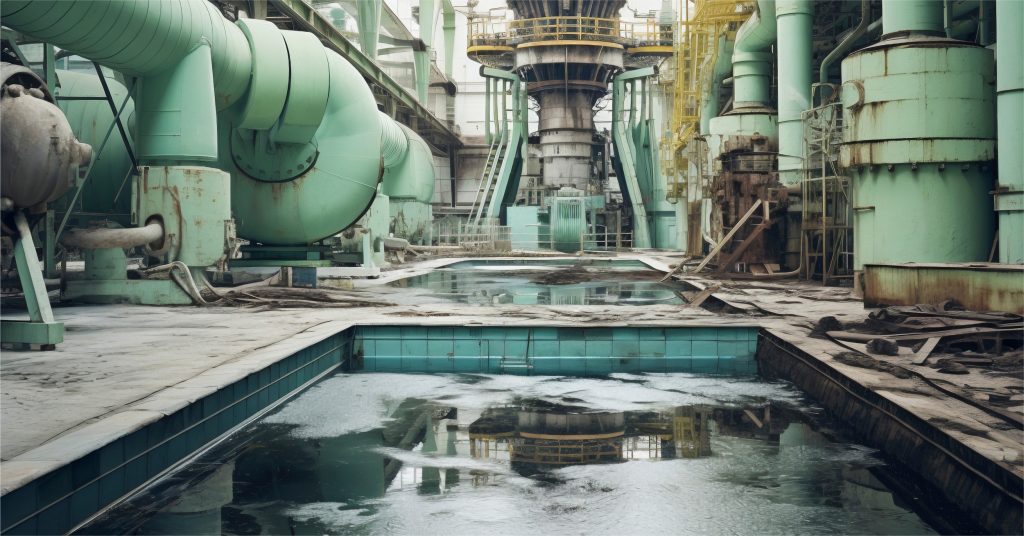Solid waste management is a critical aspect of sustainable development, particularly in countries like Kenya, where rapid urbanization and population growth are contributing to an increase in waste generation. Effective solid waste management ensures that waste is handled, treated, and disposed of in an environmentally safe manner, reducing health risks and promoting sustainability.
In this comprehensive guide, we will explore what solid waste management is, the procedure for solid waste management, the safety measures involved, and its significance for Kenya’s environment and public health.
What is Solid Waste Management?
Solid waste management refers to the collection, transportation, processing, recycling, and disposal of solid waste materials in a systematic and environmentally sound manner. The primary goal of solid waste management is to minimize the environmental and health hazards posed by waste while maximizing resource recovery through recycling and reuse.
In Kenya, solid waste management is essential to address challenges such as illegal dumping, pollution, and the overburdening of landfills. With a growing emphasis on sustainability, effective waste management practices are vital for maintaining clean cities, protecting ecosystems, and improving the quality of life for citizens.
Procedure for Solid Waste Management
The procedure for solid waste management involves several interconnected steps designed to ensure proper handling and disposal of waste materials. Each step is crucial for reducing waste’s environmental and health impacts.
1. Waste Generation and Segregation
The process begins with waste generation from residential, commercial, industrial, and institutional sources. Proper segregation of waste at the source is critical to ensure efficient recycling and treatment. In Kenya, households and businesses are encouraged to separate biodegradable waste, recyclables, and hazardous materials.
2. Waste Collection
Once segregated, waste is collected by municipal authorities or private waste management companies. Regular and organized collection is vital to prevent illegal dumping and accumulation of waste in public areas.
3. Transportation
Collected waste is transported to processing or disposal facilities using vehicles designed to ensure safety and prevent environmental contamination during transit.
4. Waste Processing
This step involves the treatment and processing of waste to reduce its volume and environmental impact. In Kenya, waste processing methods include composting for organic waste, recycling for plastics and metals, and thermal treatments like incineration for non-recyclable waste.
5. Recycling and Resource Recovery
Recycling is a key aspect of the procedure for solid waste management. It involves converting waste materials into new products to conserve resources and reduce landfill use. In Kenya, initiatives to promote recycling are gaining momentum, particularly in urban areas.
6. Final Disposal
Non-recyclable and non-biodegradable waste is disposed of in landfills or incineration facilities. Properly managed landfills ensure minimal environmental impact by containing waste and preventing groundwater contamination.
Challenges in Solid Waste Management in Kenya
Kenya faces several challenges in implementing effective solid waste management systems, including:
- Lack of Infrastructure: Limited facilities for waste collection, processing, and disposal make it difficult to manage waste effectively.
- Informal Waste Sector: A significant portion of waste management in Kenya is handled by informal workers, leading to unregulated practices.
- Low Public Awareness: Many citizens are unaware of proper waste disposal practices, contributing to littering and illegal dumping.
- Funding Constraints: Insufficient funding for waste management projects hampers the development of sustainable systems.
The Importance of Solid Waste Management in Kenya
Proper solid waste management is essential for Kenya’s sustainable development. It helps reduce pollution, conserve natural resources, and improve public health. Additionally, effective waste management supports economic growth by creating jobs in the recycling and waste treatment sectors.
By adopting best practices and innovative solutions, Kenya can build a sustainable waste management system that benefits both the environment and its citizens.
Ion Exchange: Pioneering New Frontiers in Solid Waste Management
Ion Exchange offers advanced technologies for sustainable solid waste management through resource recovery. Their Integrated Waste Management System treats chemical, biological, and oily sludge generated during waste treatment processes. Additionally, Ion Exchange provides customized and pre-designed waste-to-energy plants that utilize advanced technologies to convert municipal solid waste and sludge into clean water, energy (heat and power), and organic fertilizers, thereby embracing the principles of the circular economy.
- Sludge Dewatering: It is a crucial process in wastewater management, offering efficient solutions to reduce sludge volume and disposal costs. It includes a range of products such as centrifuges, which use high-speed rotation to separate water from solids, and belt filter presses, which compress the sludge between two filter belts to extract water. Screw presses provide a continuous and effective method for dewatering with minimal maintenance, while fecal sludge treatment focuses on safely managing and processing human waste. These technologies collectively enhance the efficiency and sustainability of waste management practices.
- Waste to Energy: The INDION Waste to Energy System offers an advanced, integrated process for energy recovery by combining wastewater and organic solid waste treatment. This cost-effective solution employs a novel blend of proven technologies to tackle the challenges of sludge and municipal solid waste management. Unlike conventional systems that consume significant energy, the INDION system is a net power generator, ensuring environmental protection and resource recovery simultaneously. This holistic approach to energy, waste, and wastewater management not only addresses waste issues but also contributes to sustainable energy production, making it a pioneering solution in waste management.
Conclusion
Solid waste management is a vital component of environmental sustainability and public health in Kenya. Understanding what solid waste management entails, the procedure of solid waste management, and the safety measures involved can help individuals, communities, and industries contribute to a cleaner and greener future.
Kenya’s journey toward sustainable waste management requires collective effort, innovation, and commitment to adopting environmentally sound practices. By implementing effective procedures and ensuring safety, the country can mitigate the adverse impacts of waste and promote a more sustainable future.


